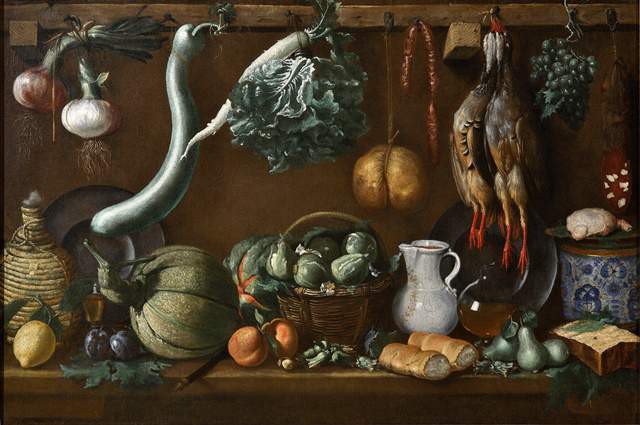“Every moving thing that lives shall be food for you. Like plant vegetation [which I permitted to Adam], I have now given you everything. ... Only of the blood of your own lives will I demand an account.” (Gen. 9:3,5)
Up until this point, humanity was expected to be vegetarian. But after Noah and his family left the ark, God allowed them to eat everything — except other people. Why was permission to eat animals given at this time?
Temporary Allowance
Given the violence and depravity of the generation of the Flood, it was necessary to make allowances for humanity’s moral frailty. If mankind was still struggling with basic moral issues — such as not murdering his fellow human — what point was there in frustrating him with additional prohibitions on less self-evident issues?
After the Flood, God lowered the standards of morality and justice He expected of humanity. We would no longer be culpable for slaughtering animals; we would only be held accountable for harming other human beings. Then our moral sensibilities, which had become cold and insensitive in the confusion of life, could once again warm the heart.
If the prohibition against meat had remained in force, then, when the desire to eat meat became overpowering, there would be little distinction between feasting on man, beast, and fowl. The knife, the axe, the guillotine, and the electric pulse would cut them all down, in order to satiate the gluttonous stomach of “cultured” man. This is the advantage of morality when it is connected to its Divine Source: it knows the proper time for each objective, and on occasion will restrain itself in order to conserve strength for the future.
In the future, this suppressed concern for the rights of animals will be restored. A time of moral perfection will come, when “No one will teach his neighbor or his brother to know God — for all will know Me, small and great alike” (Jeremiah 31:33). In that era of heightened ethical awareness, concern for the welfare of animals will be renewed.

Preparing for the Future
In the interim, the mitzvot of the Torah prepare us for this eventuality.
The Torah alludes to the moral concession involved in eating meat, and places limits on the killing of animals. If “you desire to eat meat,“ only then may you slaughter and eat (Deut. 12:20). Why mention the “desire to eat meat"? The Torah is hinting: if you are unable to naturally overcome your desire to eat meat, and the time for moral interdiction has not yet arrived — i.e., you still grapple with not harming those even closer to you (fellow human beings) — then you may slaughter and eat animals.
Nonetheless, the Torah limits which animals we are allowed to eat, only permitting those most suitable to human nature. The laws of shechitah(ritual slaughtering) restrict the manner of killing animals to the quickest and most humane. With these laws the Torah impresses upon us that we are dealing with a living creature, not some automaton devoid of life. And after slaughtering, we are commanded to cover the blood, as if to say, “Cover up the blood! Hide your crime!”
These restrictions will achieve their effect as they educate the generations over time. The silent protest against animal slaughter will become a deafening outcry, and its path will triumph.
(Gold from the Land of Israel, pp. 31-33. Adapted from Talelei Orot, ch. 8 (quoted by Nechama Leibovitch, Iyunim Besefer Bereisheet, pp. 55-56) by Rav Chanan Morrison. See also Otzarot HaRe’iyah vol II, pp. 88-92)


No comments:
Post a Comment